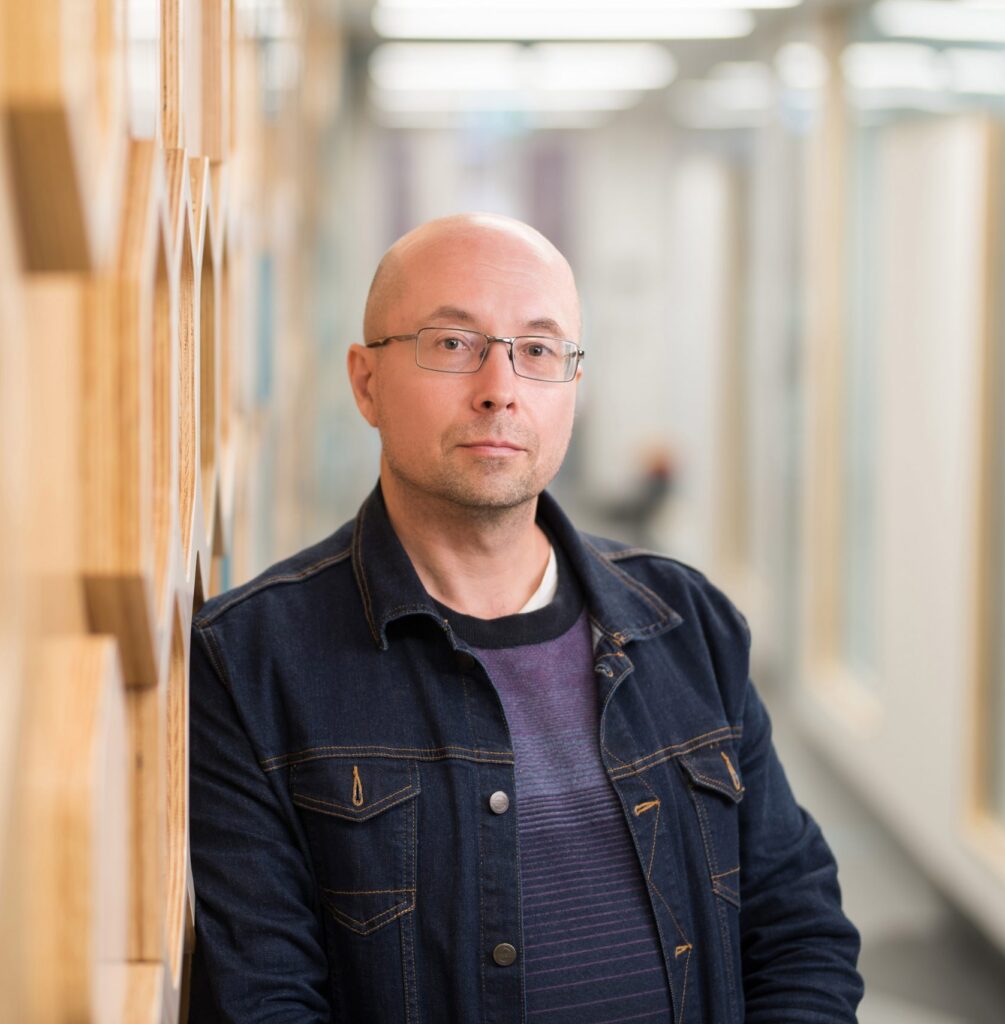
QUT leading professor and pioneer of plasma nanoscience, Professor Kostya (Ken) Ostrikov, has joined the ranks of writers Leo Tolstoy and J.W. Goethe, polymath Alexander Humbodlt, and geographer and statistician, Pyotr Semyonov-Tyan-Shansky.
V.N. Karazin Kharkiv National University – one of Ukraine’s oldest and top universities – conferred to Professor Ostrikov the title of Doctor Honoris Causa, an honorific award in recognition of his world-leading achievements in nanotechnology and plasma physics.
Professor Ostrikov pioneered plasma nanoscience, the creation and modification of nanomaterials using ionised gas (plasma).
He develops plasma processes that change the way nanomaterials form and have resulted in superior material properties such as the vertical alignment of carbon nanotubes, which improve the performance of technologies ranging from nanoelectronics to drug delivery systems.
His approaches for the control of energy and matter at the nanoscale have translated into a range of thermal, chemical, radiative and other processes.
Applications of Professor Ostrikov’s plasma-based processes and advanced nanomaterials research include electronics, energy conversion and storage, environmental and biomedical sensing, catalysis, water purification, food processing, biotechnology and biomedical engineering.
“Recent insights into plasma and plasma-made nanostructure conversions of energy and matter have led to many applications including solar-thermal water purification and microbial sterilisation, to mention just a few” said Professor Ostrikov, a Chief Investigator with the QUT Centre for Materials Science, and member of the QUT School for Chemistry and Physics.
Read the full article here.